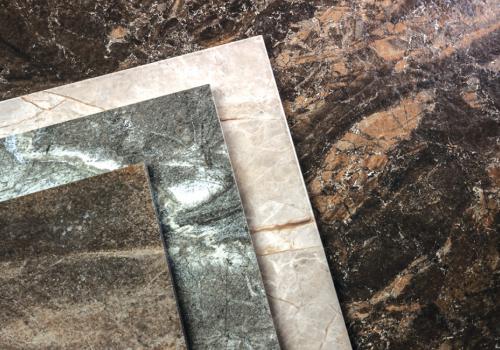Sri Lanka has suspended an order issued by gazette under an import control law which allowed the import of tiles on credit, within a day. The Controller General of Import and Export Control Department had instructed Sri Lanka customs that an earlier order allowing tile imports under credit was suspended. The letter asked commercial banks, which facilitate international trade to suspend the regulation allowing tiles to be imported under credit. Sri Lanka’s tile producers expected to report historic profits after imports were stopped in April 2020 as money printing weakened the rupee. The Controller of Imports also asked the central bank to issue a direction to banks.
Sri Lanka enacted the Import and Exports (Control) Act in 1969 after the rupee came under pressure from money printing. Sri Lanka foreign reserves were 11.6 months of imports in 1951 when a currency board was abolished to create a money printing central bank. At the time Sri Lanka’s 3-month the Treasury bill yield was 40 basis points and a US dollar was 4.76 rupees. The currency board had kept Sri Lanka’s exchange rate fixed since 1885 though there were movements between silver and gold. By 1969 Sri Lanka’s forex reserves had fallen to 1.7 months or just 40 million dollars, according to central bank data. At the time Sri Lanka was engaged in a ‘Green Revolution’ partly finance with central bank credit, analysts say. There had been calls to reform the central bank to and curtail its ability to print money or re-establish a currency board that the country could have monetary stability, end import substitute exploitation and provide a foundation for economic freedom and growth.
